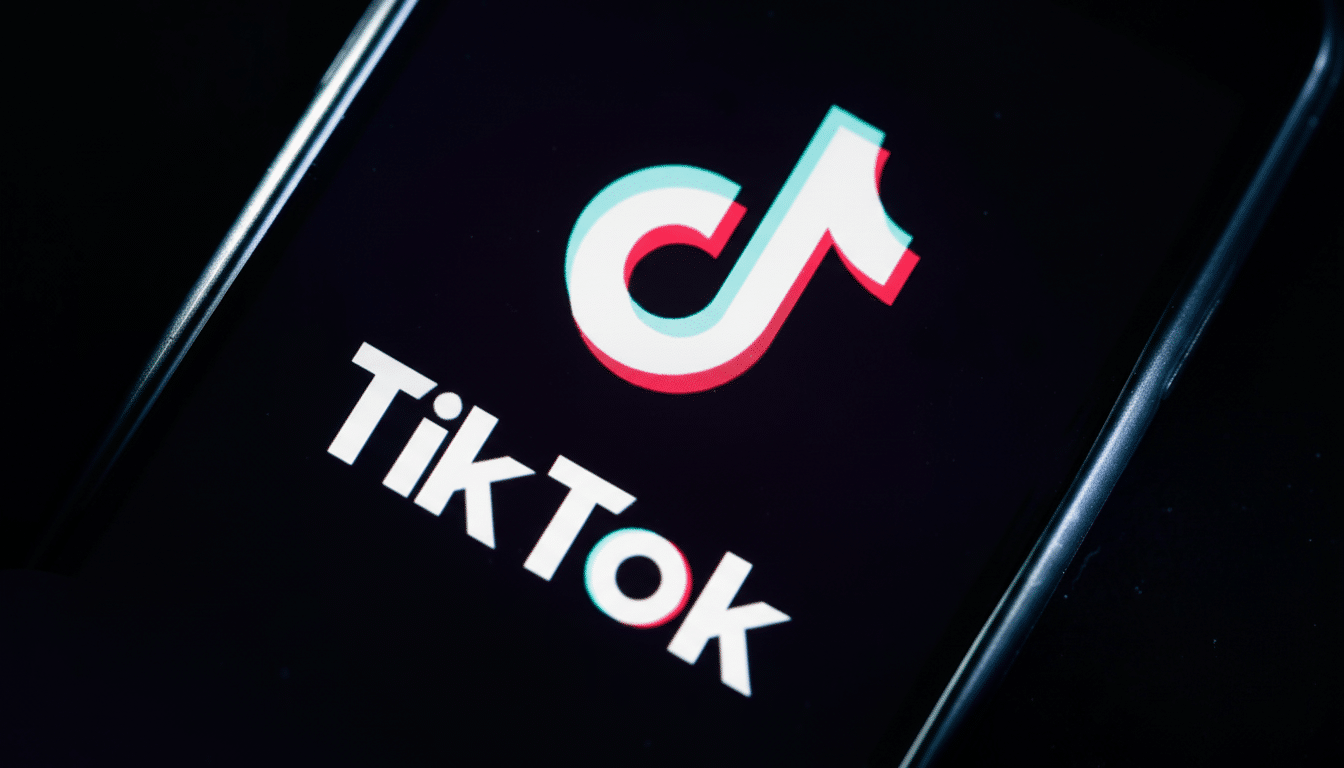Former President Donald Trump suggested that when the American backers of a proposed U.S. spinoff of TikTok announce themselves, they could include the media dynasty of Rupert and Lachlan Murdoch — an indication that those who are prepared to be other than minority stakeholders in the venture might number among some of the biggest names in technology and media.
In a television interview, Trump said both Murdochs are “probably fucking ‘in’.” He also listed Oracle’s Larry Ellison and Dell Technologies’ Michael Dell among potential participants — part of a coterie of investors the White House has promoted as an answer to national security concerns while keeping the app up for U.S. users.

Who’s in the room and why it matters for TikTok
According to industry reporting following Trump’s comments, Fox Corp., headed by CEO Lachlan Murdoch and longtime chairman emeritus Rupert Murdoch, is in discussions to join the bid. And in another story, a senior White House official told Bloomberg they expect potential investors to be Oracle, Andreessen Horowitz and Silver Lake, with Oracle overseeing the security and safety of TikTok.
If completed, Murdoch’s involvement would bring deep media expertise and advertising relationships to a platform that has established itself as a central forum in short-form video and creator-driven e-commerce. TikTok’s size is large: the company has said it reaches well over 100 million users in the United States and multiple market researchers estimate U.S. monthly users near 170 million. That audience forms the foundation of a fast-growing ad business and growing e-commerce operation that has confounded traditional incumbents in the media world.
The position, for Oracle, would build on its earlier work to develop TikTok’s infrastructure and echo the previous “trusted technology partner” model pursued under the former administration. A Silver Lake–Andreessen Horowitz presence would bring financial muscle and early-stage platform know-how to the boardroom.
Proposed structure and safeguards for TikTok’s U.S. unit
A framework for an agreement is largely in place, said White House officials on Wednesday, but nothing has been signed. Under the proposed plan, which has not yet been finalized and could still change, Americans would be appointed to a majority of the seats on TikTok’s U.S. business’ board of directors, according to public briefings and reporting by Bloomberg. ByteDance’s stake would be limited to 20% or less.
Most important, the content-recommendation algorithm would be governed from the United States. Oracle is likely to head up data security and integrity, following earlier agreements that limited access to American user data locally and to certain engineering. Doing this at scale is nontrivial: Disentangling codebases, implementing auditable change controls and developing model governance independent of the models themselves will be closely scrutinized by regulators and outside experts on security.
TikTok, saying it was committed to doing everything possible to ensure the service continued to be available to American users, said it would continue discussions with the government on a resolution that ensures “the long-term success” of the company and adheres to its laws and regulations. The company previously had cited efforts to keep domestic data stored on U.S. infrastructure and increase third-party oversight of systems that handle sensitive information.

Political Context and Regulatory Process
Congress passed a law mandating that ByteDance sell TikTok’s U.S. operations, or face being shut down, leading to a compressed timeline and a temporary cease in service until federal extensions were secured. Any final deal is likely to be subject to the approval of the Committee on Foreign Investment in the United States, which has been examining ByteDance’s ownership since it bought Musical.ly.
Trump has said China’s leadership had signed off on the framework of a divestment plan, and TikTok in a statement thanked both U.S. and Chinese leaders for seeking to protect the app within its borders. Implementation, even with political momentum, will also require resolution of issues related to intellectual property rights, transfer or escrow of source code, audit regimes and triggers for enforcement if security obligations are breached.
Expect legal challenges. Civil liberties advocates have pushed First Amendment concerns over forced divestiture being recast as a ban, while national security officials referenced risks around data security and influence operations. Courts are likely to evaluate whether the remedy is targeted enough at the government’s expressed aims.
What involvement by Murdoch would mean for TikTok
A Murdoch-supported stake would highlight how pivotal TikTok has become to the overall media landscape. Fox Corp., which has advertising leverage, live news distribution and sports rights, could be combined with TikTok’s young audience and creator economy to help turbocharge brand partnerships and integrated live events. It would also represent a high-profile bet that U.S.-led governance can help restore order to the platform and unlock value in the face of regulatory headwinds.
Still, cross-ownership between a major news company and a powerful social platform would bring scrutiny over content policies, political influence and competition dynamics. Any consortium will require very strict guardrails around editorial independence and recommendation neutrality, to avoid real or perceived conflicts of interest.
What to watch next as the TikTok U.S. deal unfolds
Key steps include the signing of final agreements, appointment of new board and U.S. leadership team, technical blueprint for algorithm oversight and a timetable for data migration and third-party audits. Watch for disclosures on CFIUS conditions from Treasury and transparency reporting, content moderation standards and researcher access from TikTok.
The cast of investors will tell its own story. If the Murdochs teamed up with Ellison, Dell and the named financial backers, it would create a coalition that fuses together infrastructure, capital and media distribution — a combination powerful enough to guide one of the world’s most important consumer platforms into its next stage.

